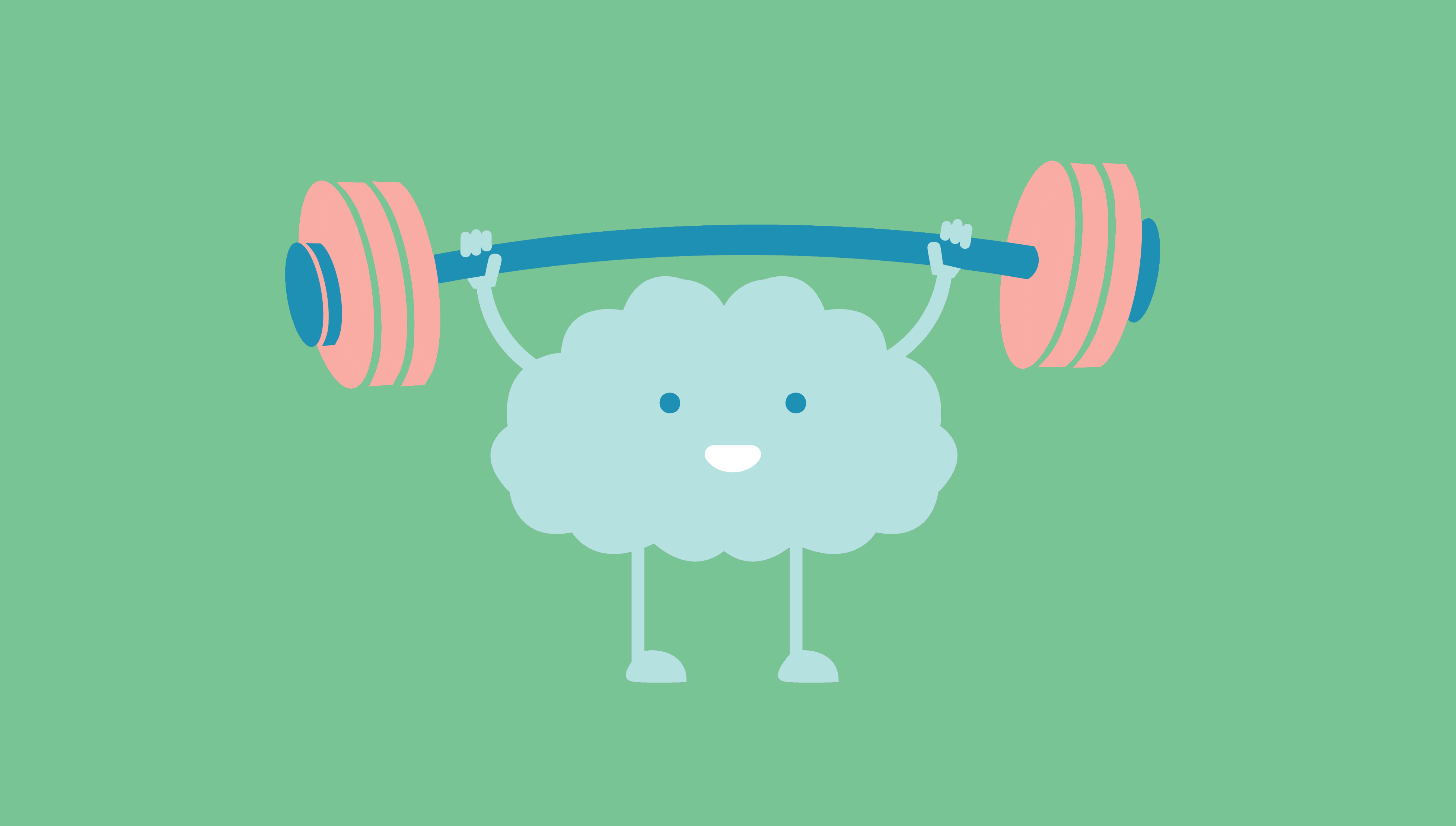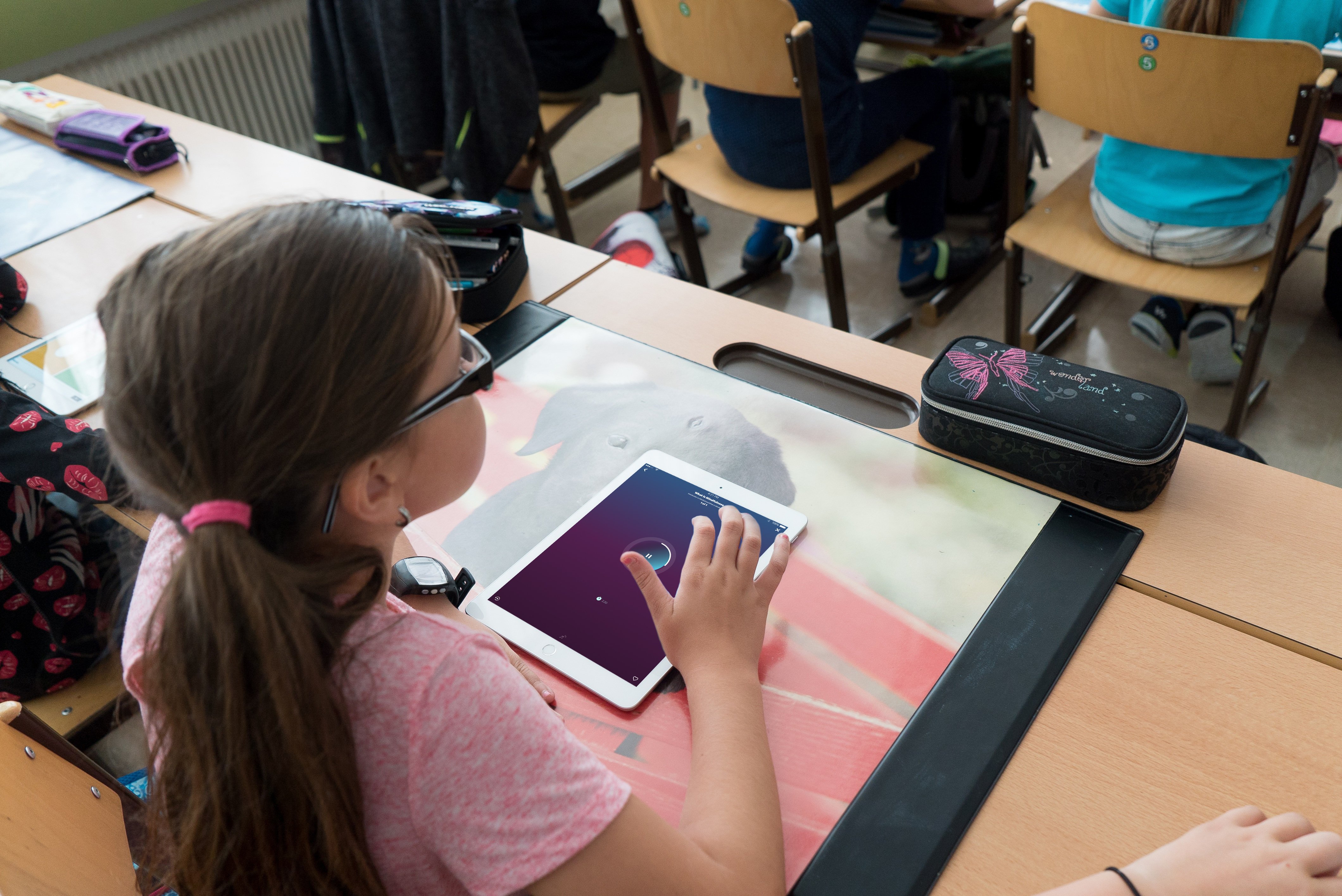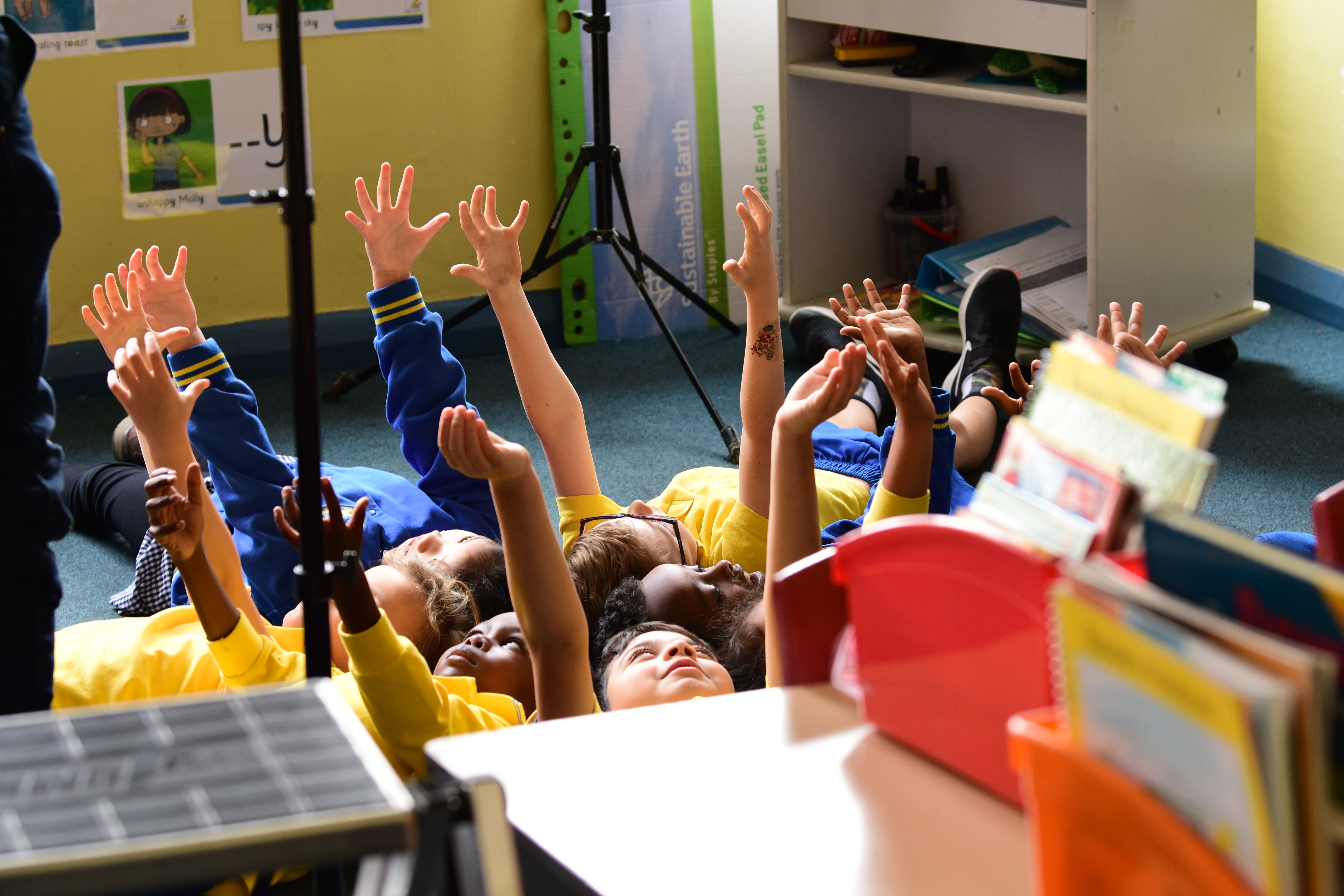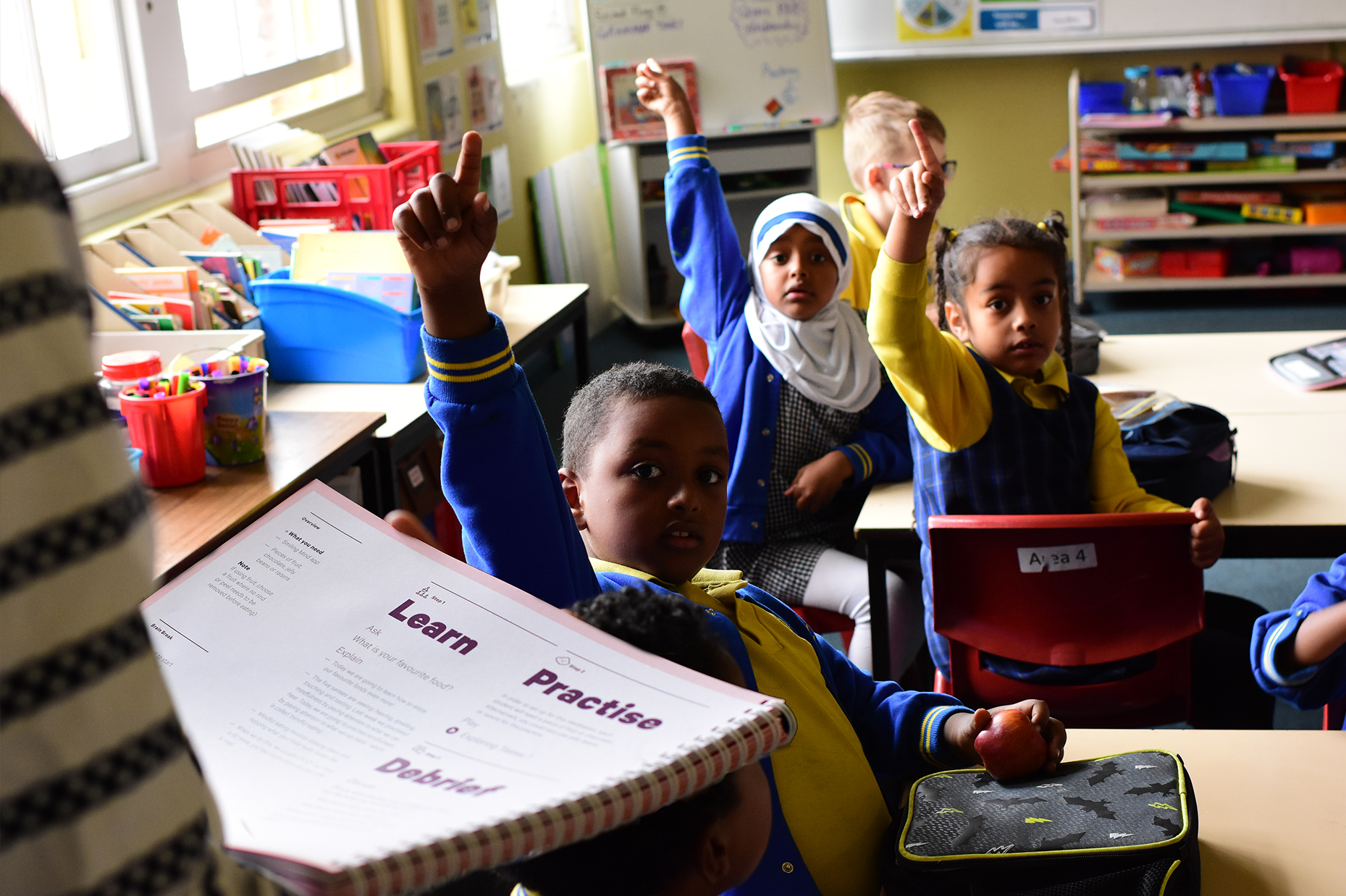Mindfulness can be a rewarding journey for both teachers and students. But like most journeys, the benefits are greater when mindfulness is approached as an ongoing process of discovery and exploration, rather than having a particular end goal.
We share 5 thoughts that teachers might relate to as they embark upon their own mindfulness journey in the classroom.
1. Mindfulness feels like doing less, when I should be doing more
Taking time out to practise mindfulness can sometimes feel challenging because it goes against the common belief that being busy means being productive. Teachers can find it difficult to see the benefits of their students sitting in meditation (and seemingly doing very little!), particularly within an already crowded curriculum.
It can be useful to position mindfulness as being like a gym for the mind. Much like engaging in physical activity keeps the body strong and healthy, mindfulness is a mental exercise that produces observable changes in the structure of the brain that are helpful for mental health and ability to learn.

When we go to the gym regularly, the benefits of fitness and physical health are enjoyed beyond the actual time spent at the gym. This is similar to mindfulness; it yields immeasurable benefits well beyond the time spent in formal mindfulness practice.
2. Some of my students don’t want to do mindfulness
While many students enjoy engaging in a mindfulness practice, there are some young people who find it more difficult. Mindfulness practice should never be forced upon students (and especially not used as a punishment). Rather, students should be encouraged to be respectful and non-disruptive of others during this time if they wish to opt-out.
Experience in schools show that teacher engagement in mindfulness is a strong predictor of the effectiveness of the classroom program. Professional development, such as our Intensive Teacher Wellbeing Program, can support educators to experience mindfulness for themselves, helping them to model and teach mindfulness with greater confidence.
Whether mindfulness experiences are perceived by students as good, bad or neutral, the key is to encourage young people to be open, curious and non-judgemental about whatever occurs during a mindfulness practice.
3. My students learnt these mindfulness topics last year. Aren’t I repeating what they already know?
When using the Smiling Mind Mindfulness Curriculum, teachers will observe that the same topics 20 topics are covered each year. This is because learning happens by being exposed to a concept at repeated intervals over time, moving from simple to more complex ideas within the same topic.

For example, students don’t learn fractions one year and then never revisit the concept again (although no doubt there are some students who wish this were the case!) Rather, students expand their ideas about fractions each year, building on their past knowledge and mastering different elements of the topic appropriate to their developmental level.
It is the same with mindfulness. Each year, students develop a deeper understanding of the topics, engaging in ways that reflect their growing abilities and experiences. The lessons, activities and meditations within The Smiling Mind Mindfulness Curriculum are designed to reflect this natural growth.
4. Mindfulness is now a non-negotiable part of my day
Teachers who have adopted a regular mindfulness practice in the classroom usually find it difficult to believe that they ever taught a class without incorporating mindfulness! By regularly practising mindfulness, exploring the different topics in the curriculum and debriefing students’ experiences, teachers often begin to observe differences in behaviour and find they are gaining valuable insights into students’ internal worlds.
Having a classroom full of young people accessing mindfulness from their various perspectives, means that new ideas and insights are always being presented to fuel exploration of mindfulness. This makes it an ever-evolving learning experience for teachers and students alike.

5. Why is it still difficult to be mindful even after regular practice?
Regardless of how long teachers or students have been practising mindfulness, there are always going to be times when it seems challenging.
It’s important to remember that there is no final destination with mindfulness. In fact, even though there is much evidence to support the benefits of mindfulness, the actual practice of mindfulness should not involve striving for any specific outcome or goal.
In its essence, mindfulness is about accepting every experience exactly as it is. So, if there are bumpy experiences on your mindfulness journey, know that it’s the perfect opportunity to practise being open, non-judgemental and curious.









.jpg)




